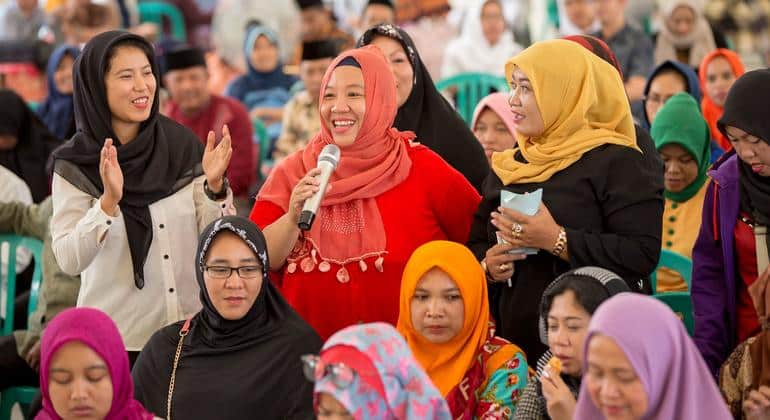For over 80 years, the UN Commission on the Status of Women (CSW) has emerged as an essential pillar in promoting women’s rights globally. Every March, women from various countries gather at the UN headquarters in New York to evaluate progress made and continue the fight against inequality, violence, and discrimination that still affect millions of women around the world.
The history of the CSW dates back to the 1940s, driven by Eleanor Roosevelt, who, as former First Lady of the United States and a staunch advocate for human rights, motivated its creation through a passionate call to action directed at governments. Since then, the commission has tirelessly worked to establish normative frameworks and international agreements that promote gender equality. This body has been instrumental in drafting landmark documents, including the Universal Declaration of Human Rights of 1948 and the Convention on the Elimination of All Forms of Discrimination against Women, enacted in 1979.
Over the years, the CSW has adapted to new social realities and emerging demands, such as the increasing poverty among women and the need for women to participate in economic and social development. In this context, the UN officially recognized International Women’s Day in 1977 and declared 1975 as the International Women’s Year, highlighting specific needs within different communities.
Today, the CSW not only addresses existing issues but also tackles emerging challenges such as climate change and gender-based violence. The conclusions arising from its annual sessions, where concrete actions are negotiated, have a significant impact on policy formulation aimed at accelerating progress towards gender equality and empowering women in all areas.
Projections indicate that, with appropriate policies and programs, over 100 million women and girls could be lifted out of poverty, while generating 300 million new jobs and increasing per capita GDP in all regions. With the 2025 session of the CSW (#CSW69) on the horizon, the focus will be on evaluating the implementation of the Beijing Declaration and Platform for Action, considering current challenges and the contribution of gender equality to global sustainable development. The voice of women continues to resonate, and their fight for equity continues to inspire new generations in this collective effort.
Source: MiMub in Spanish











